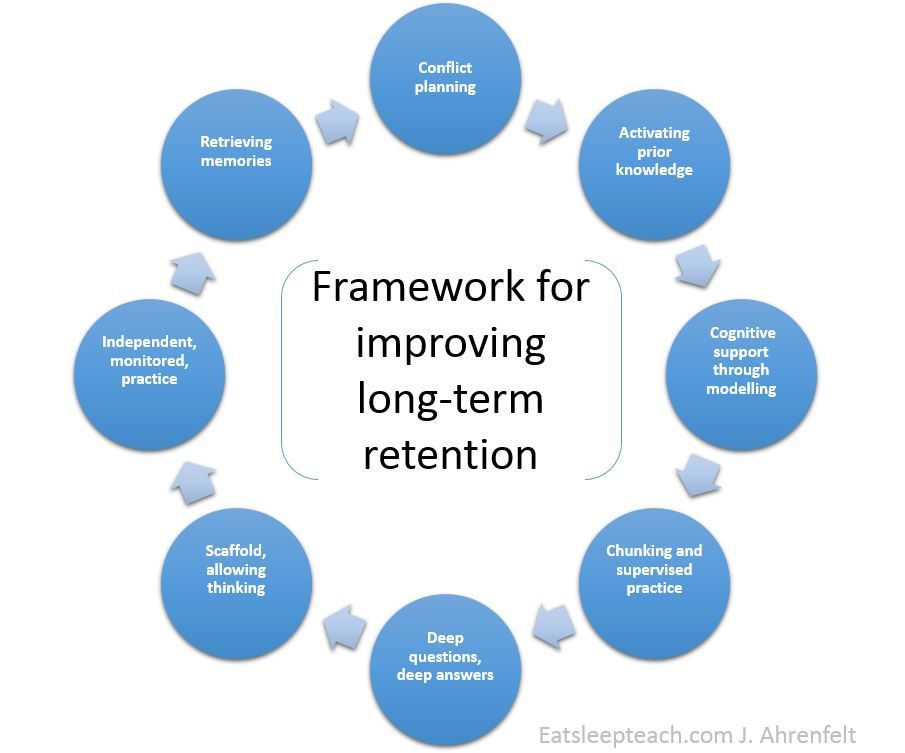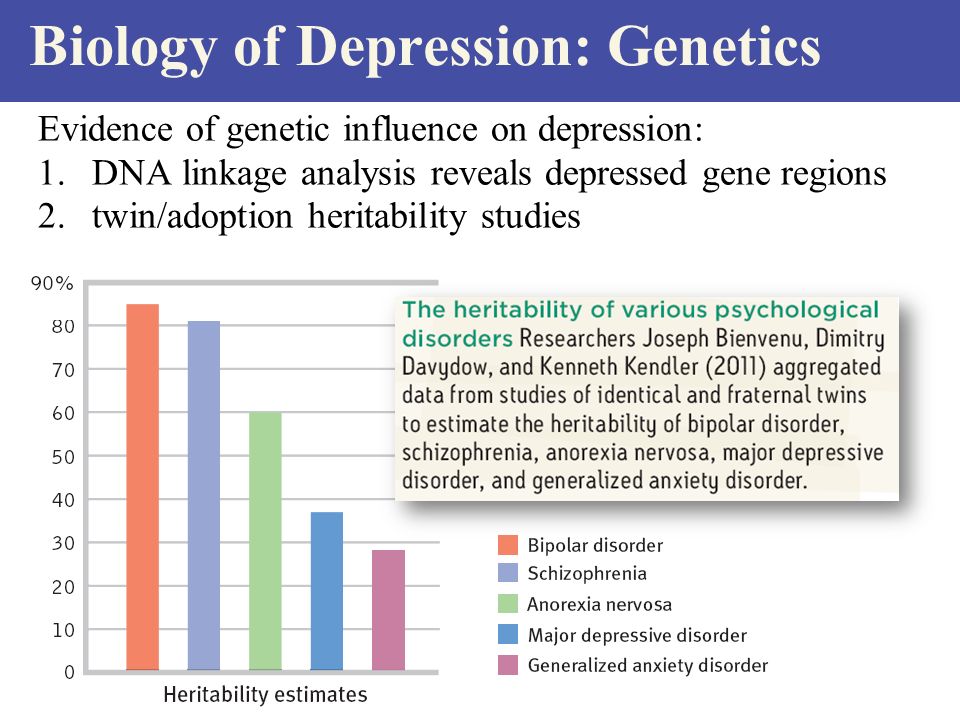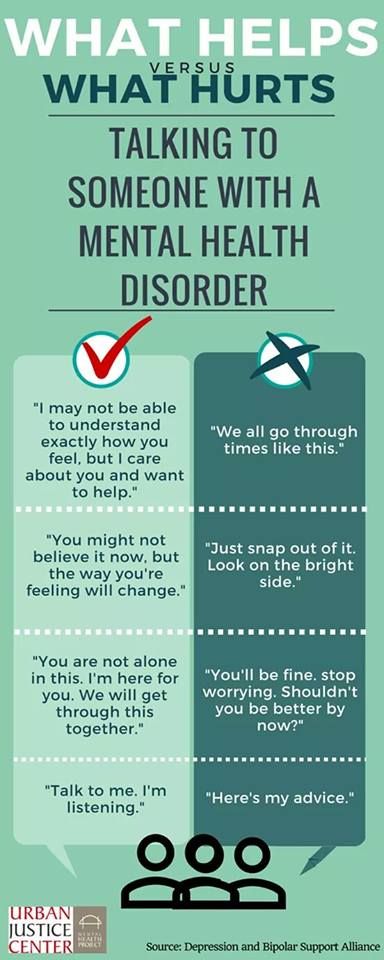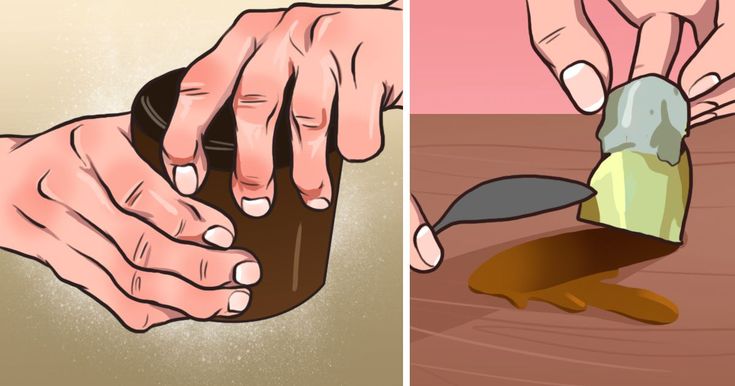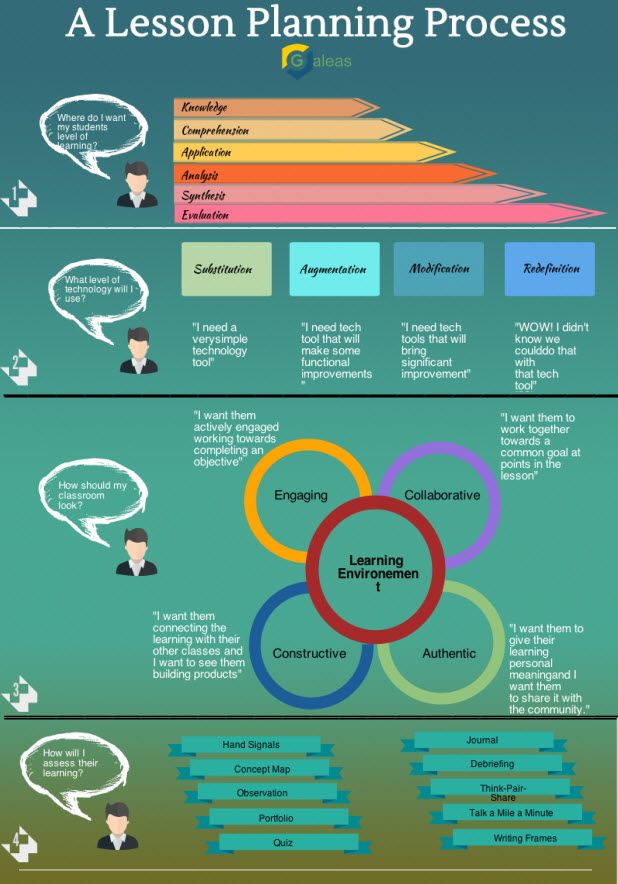Tips to improve memory retention
Power, Concentration, Retention, and Focus
Our memories are an integral part of who we are, but as we age our memory declines. For many older adults, the decline becomes so serious that they’re no longer able to live independently, which is one of the biggest fears adults have as they age.
The good news is that scientists have been learning more about our brain’s amazing capacity to change and grow new neural connections each day, even in old age. This concept is known as neuroplasticity. Through research on neuroplasticity, scientists have discovered that our memory capacity isn’t fixed, but rather malleable like plastic.
To take full advantage of neuroplasticity, you’ll need to exercise your brain and take care of your body. These 25 tips and tricks are some of the most effective methods for improving memory.
Memory strength is just like muscular strength. The more you use it, the stronger it gets. But you can’t lift the same size weight every day and expect to get stronger. You’ll need to keep your brain constantly challenged. Learning a new skill is an excellent way to strengthen your brain’s memory capacity.
There are many activities to choose from, but most importantly, you’ll need to find something that forces you out of your comfort zone and commands your full attention.
Here are some examples:
- learn a new instrument
- make pottery
- play mind games, like Sudoku or chess
- learn a new type of dance, like the tango
- learn a new language
Research from 2007 showed that speaking more than one language can delay the onset of memory problems in people with dementia.
Any time you learn a new piece of information, you’re more likely to mentally record that information if it’s repeated.
Repetition reinforces the connections we create between neurons. Repeat what you hear out loud. Try using it in a sentence. Write it down and read it aloud.
But the work doesn’t stop there. Research shows that simple repetition is an ineffective learning tool if used on its own. You’ll need to sit back down later and actively try to retrieve the information without looking at where you wrote it down. Testing yourself to retrieve the information is better than repeated studying. Practicing retrieval creates more long-term and meaningful learning experiences.
You’ll need to sit back down later and actively try to retrieve the information without looking at where you wrote it down. Testing yourself to retrieve the information is better than repeated studying. Practicing retrieval creates more long-term and meaningful learning experiences.
Mnemonic devices can be in the form of acronyms, abbreviations, songs, or rhymes.
Mnemonics have been tested since the 1960s as an effective strategy for students. You’ve probably been taught a few mnemonic devices for remembering long lists. For example, the colors of the spectrum can be remembered with the name ROY G. BIV (Red, Orange, Yellow, Green, Blue, Indigo, Violet).
Grouping or chunking refers to the process of dividing newly learned information into chunks to produce fewer, larger chunks of information. For example, you may have noticed that it’s much easier to remember a phone number if the 10 digits are grouped into three separate chunks (e.g. 555-637-8299) rather than one long number (5556378299).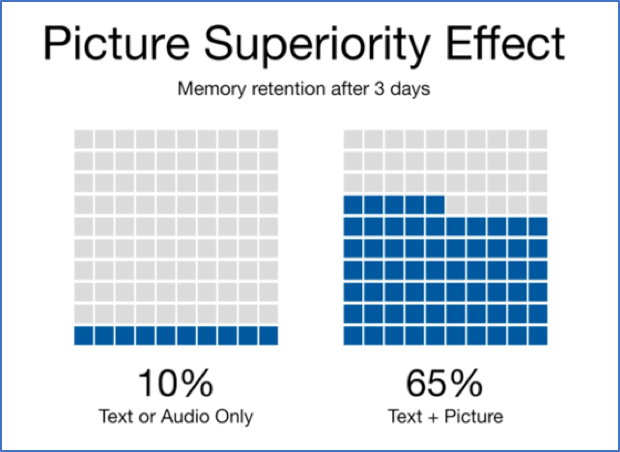
The mind palace technique is often used by memory champions. In this ancient technique, you create a visual and complex place to store a set of memories.
For more instructions on how to create memory palaces, watch 2006 U.S. Memory Champion Joshua Foer’s TED talk.
Another tactic of memory connoisseurs is that they don’t just rely on one sense to help retain information. Instead, they relate information to other senses, like colors, tastes, and smells.
Modern technology has its place, but unfortunately has made us “mentally lazy.” Before you reach for your phone to ask Siri or Google, make a solid attempt to retrieve the information with your mind. This process helps reinforce the neural pathways in your brain.
Another common mistake is relying on the GPS every time you drive. Researchers found in 2013 that relying on response techniques — such as GPS — for navigation, shrinks a part of our brain called the hippocampus, which is responsible for spatial memory and moving information from short-term to long-term memory. Poor hippocampus health is associated with dementia and memory decline.
Poor hippocampus health is associated with dementia and memory decline.
Unless you’re totally lost, try to get to your destination using your brain instead of just following the instructions on your GPS. Perhaps use GPS to get there, but use your brain to get back home. Your brain will thank you for the extra challenge.
A busy schedule can maintain your brain’s episodic memory. One study linked busy schedules to better cognitive function. This study, however, was limited by self-reporting.
An organized person has an easier time remembering. Checklists are one good tool for organization. Manually writing down your checklist (instead of doing it electronically) also increases the likelihood that you’ll remember what you’ve written down.
Go to bed at the same time every night and get up at the same time each morning. Try not to break your routine on the weekends. This can greatly improve sleep quality.
The blue light emitted by cell phone, TV, and computer screens inhibits the production of melatonin, a hormone that controls your sleep-wake cycle (circadian rhythm).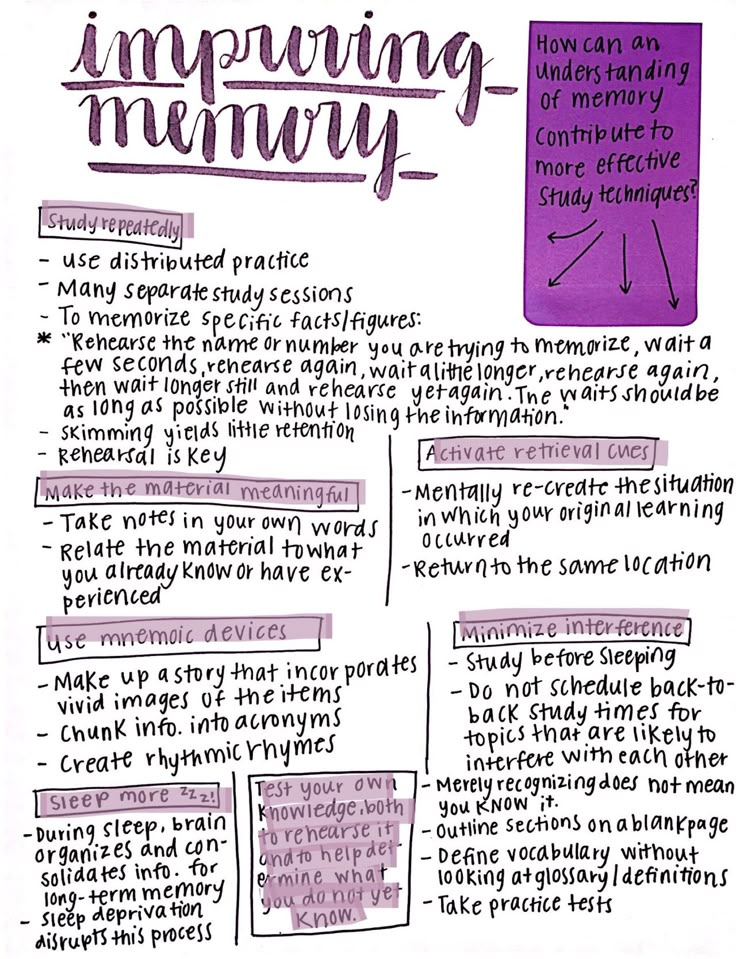 A poorly regulated sleep cycle can really take a toll on sleep quality.
A poorly regulated sleep cycle can really take a toll on sleep quality.
Without enough sleep and rest, the neurons in our brain become overworked. They can no longer coordinate information, making it more difficult to access memories. Roughly an hour before bedtime, turn off your devices and allow your brain to unwind.
Diets such as the Mediterranean diet, DASH (dietary approaches to stop hypertension), and the MIND diet (Mediterranean-DASH intervention for neurodegenerative delay) have a few things in common. This includes their ability to improve memory and reduce the risk of Parkinson’s and Alzheimer’s disease.
These diets focus on eating:
- plant-based foods, especially green, leafy vegetables and berries
- whole grains
- legumes
- nuts
- chicken or turkey
- olive oil or coconut oil
- herbs and spices
- fatty fish, such as salmon and sardines
- red wine, in moderation
Fatty fish are a rich source of omega-3 fatty acids. Omega-3s play an important role in building brain and nerve cells. They’re essential for learning and memory and have been shown to delay cognitive decline.
Omega-3s play an important role in building brain and nerve cells. They’re essential for learning and memory and have been shown to delay cognitive decline.
Proponents of the Mediterranean and MIND diets say to avoid the following foods:
- sugar
- processed foods
- butter
- red meat
- fried foods
- salt
- cheese
Sugar and fat has been linked to impaired memory. A recent study in humans found that a diet high in fats and sugars — common in a Western diet — impairs hippocampal memory. However, the study relied on questionnaires and surveys, which may not be as accurate.
While you should still take your medications prescribed by your doctor, remember to follow your doctor’s instructions for dietary and lifestyle changes too.
Some prescriptions, like statins for high cholesterol, have been associated with memory loss and “brain fog.” Losing weight and eating healthier may also play a role in treating high cholesterol.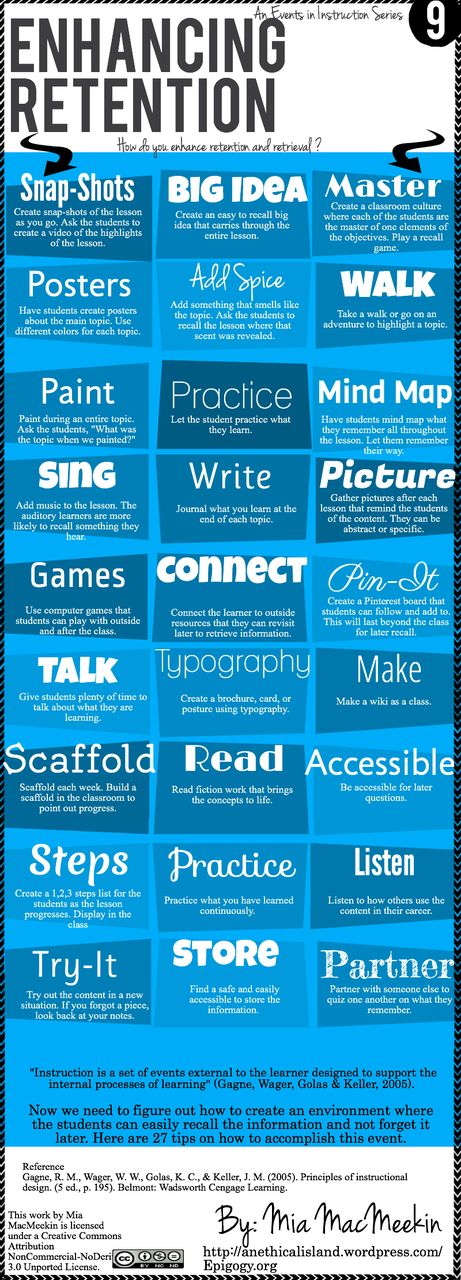
Other medications that might affect memory include:
- antidepressants
- antianxiety medications
- hypertension drugs
- sleeping aids
- metformin
Talk to your doctor about how to manage your medical conditions so you don’t have to rely on a prescription forever. If you’re worried about how a medication may affect your memory, talk to your doctor about your options.
Exercising has been shown to have cognitive benefits. It improves oxygen and nutrient delivery to the body, and helps to create new cells in the brain which are essential for memory storage. Exercise especially increases the number of cells in the hippocampus.
There’s no need for the exercise to be strenuous. Walking, for example, is a great choice.
When you’re stressed, your body releases stress hormones like cortisol. Cortisol has been shown to greatly impair the brain’s memory process, especially our ability to retrieve long-term memories. Stress and depression have even been shown in animal studies to shrink the brain.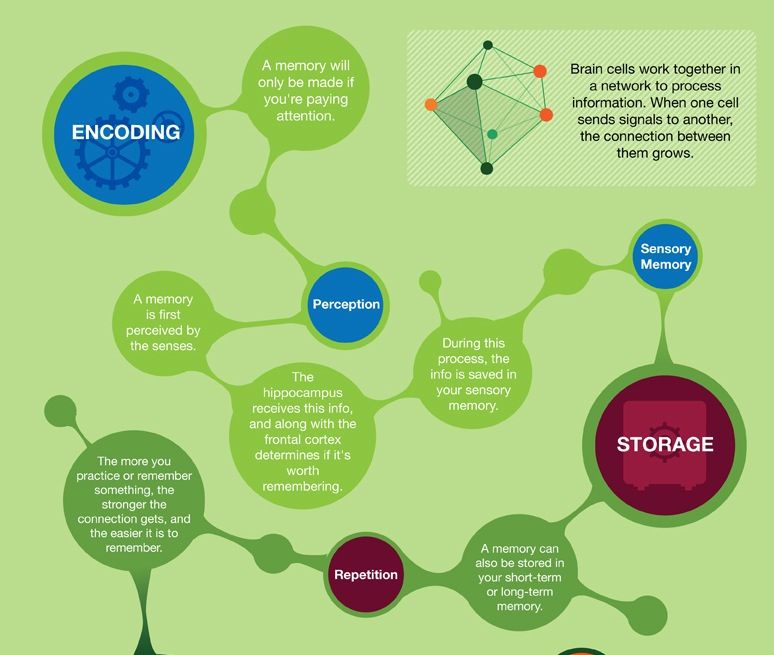
Check out this article for 16 easy ways to reduce stress and anxiety.
Humans are social creatures. Research shows that a strong support system is vital to our emotional and brain health. One study from 2007 found that people with very active social lives had the slowest memory decline. Just 10 minutes of talking to another person was shown to improve memory.
Your brain is made mostly of water. Water acts as a shock absorber for the brain and spinal cord. It helps our brain cells use nutrients. So just a small amount of dehydration can have disastrous effects. Mild dehydration has been shown to cause brain shrinkage and memory impairment.
Aim for at least eight to ten glasses per day, or more if you’re very active.
Caffeine has actually been shown to enhance memory and reduce risk of Parkinson’s and Alzheimer’s disease.
But this one comes with a caveat. Having too much caffeine, or consuming it later in the day, can have the opposite effect as it can impair sleep in sensitive individuals.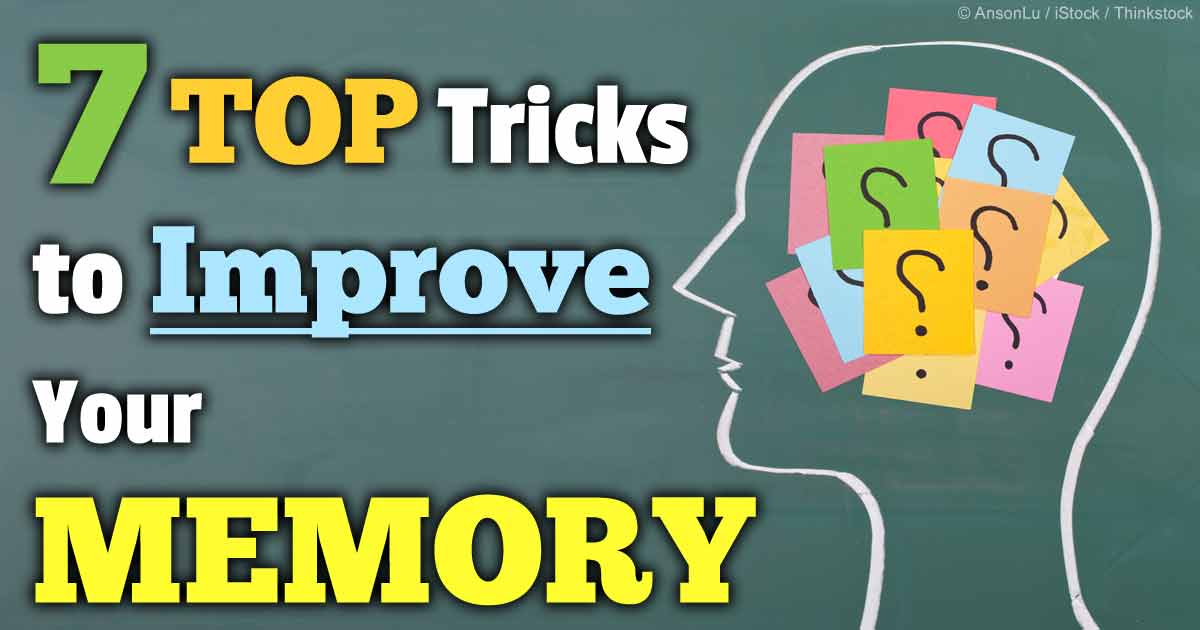
It’s true that moderate consumption of alcohol may have a positive effect on memory, but keep in mind that moderate means just one drink for women and two for men each day.
Drinking more than that can have a negative effect on your ability to retain information as well as your sleep.
There’s mounting evidence for the health benefits of meditation. Studies show that meditation helps improve several cognitive functions, like focus, concentration, memory, and learning. Meditation may actually rewire the brain and encourage more connections between brain cells. There are several ways to meditate — find out which one is right for you.
Getting out into nature is incredibly important for our emotional and physical health. Enjoying nature can even be considered a form of meditation. One 2008 study found that a walk in a park improved memory and attention compared to walking in a city.
Likewise, daily gardening lowers your risk of dementia by 36 percent, according to one 2006 study.
One study from 2012 found that a mere 20 minutes of yoga significantly improved participants’ speed and accuracy on memory tests. Participants performed significantly better on the tests after yoga compared to aerobic exercise. The study, however, was limited by its narrow sample size of just 30 young, female students.
Yoga also emphasizes breathing from the diaphragm, which helps maximize our oxygen intake, thus improving mental function.
People with more fatty tissue tend to have less water than people with less fatty tissue. Overweight people also have less brain tissue. The more overweight you are, the more your brain is likely to shrink and affect your memory.
Follow this guide for tips on losing weight naturally.
Our memory is a skill, and just like other skills, it can be improved with practice and healthy overall habits. You can start small. For example, pick a new challenging activity to learn, incorporate a few minutes of exercise into your day, maintain a sleep schedule, and eat a few more green vegetables, fish, and nuts.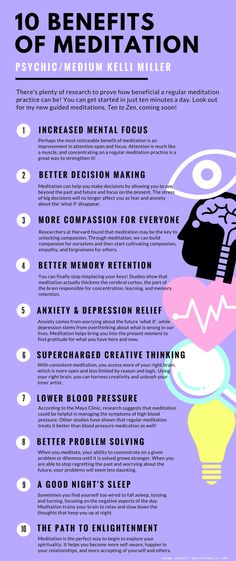
The next time you have to study for an exam, try one of the techniques suggested by memory champions, like chunking, mind palaces, or retrieval.
Talk to your doctor if you notice that you’re making many more mistakes than usual or have trouble completing simple daily tasks, like cooking or cleaning.
Science-Backed Memory Tips and Recall Techniques
Memory plays an essential role in everyday life, enabling us to learn about the world around us and adapt accordingly. We use memory in every moment, whether it be for remembering our clients’ first names, studying for a nursing school exam, or countless other aspects of our work and life.
Information we take in goes through the three stages of memory: encoding, storage, and retrieval. The encoding process converts information into a construct stored in the brain. Then the information is stored as either a long-term memory or short-term memory. Finally, information is available to be retrieved from storage.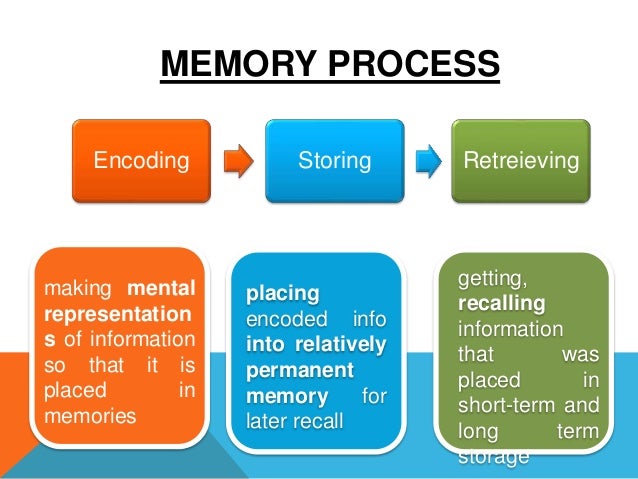
There are several ways to facilitate this process, protect against memory decline, and enhance our ability to retain information. Below, we outline strategies for boosting brain health, as well as specific techniques for memorizing and recalling information.
Tips for Memory Improvement
The best way to protect and improve memory is by making good lifestyle choices: exercising regularly, limiting stress, eating healthfully, and getting enough sleep. You can also keep the mind agile by learning a foreign language or playing brain training games to improve thinking skills and short-term memory.
- Exercise regularly: Exercise is one of the best things you can do to protect your memory. Regular aerobic exercise (cardio) appears to boost the size of the hippocampus, the area of the brain involved in verbal memory and learning. Regular exercise can also help you maintain a healthy weight, reduce stress, and sleep better, all of which are related to memory.
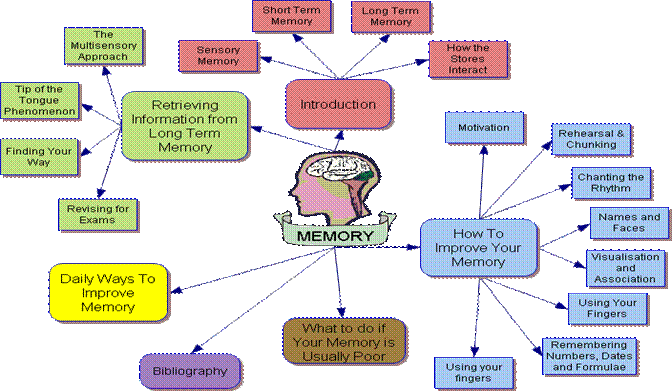
- Limit stress: Meditation and mindfulness are also great ways to reduce stress and improve sleep. Meditation has been shown to improve episodic memory, the memory of everyday events.
- Be conscious of what you consume: Not surprisingly, what you put into your body can also affect your memory. Consuming a balanced diet that includes healthy fats and natural sugar (glucose)—and limits saturated fat, refined sugar, and alcohol—may be best for promoting long-term memory function.
- Sleep: Sleep is critical, as it plays a role in consolidating of memories. Also, a lack of sleep can impair an individual’s ability to concentrate. You can improve sleep by exercising regularly, engaging in mindfulness/meditation, limiting alcohol, and avoiding caffeine in the afternoon and evening.
8 Memory Techniques for Retaining Information
When studying for an exam, preparing a presentation, or getting ready to deliver a speech, you will likely need to memorize information.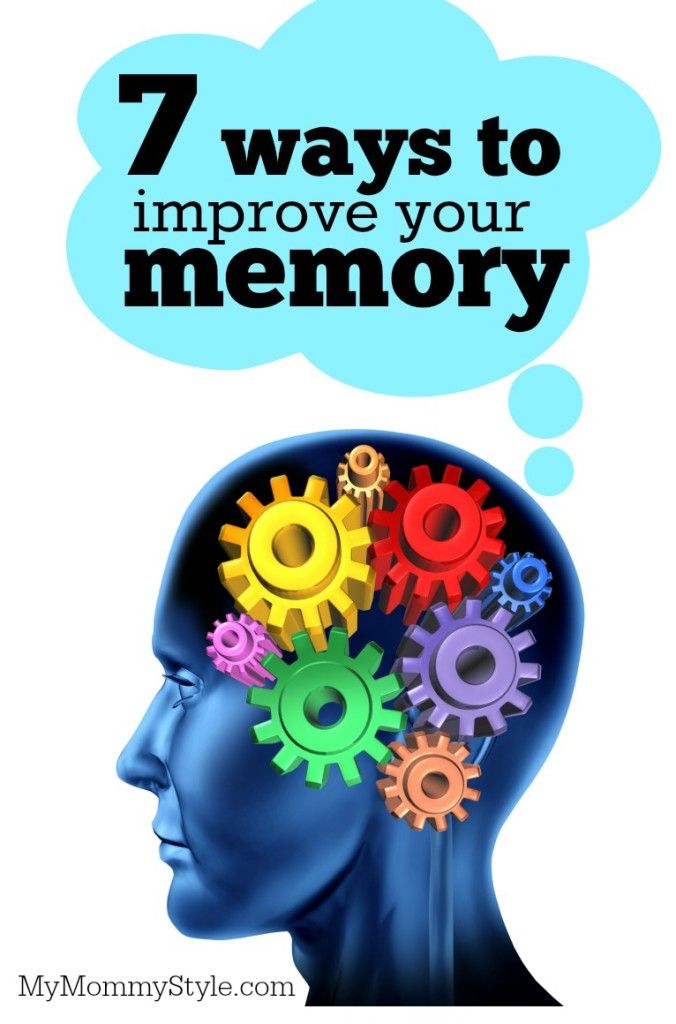
Before you start preparing, you can do several things to set yourself up for success. Try to avoid distractions while you’re studying, plan ahead so you don’t need to cram, and take study breaks. Evidence suggests that studying shortly before going to sleep, as well as sleeping between learning sessions, can help people retain information.
Below are 8 science-backed techniques for retaining information and improving recall and memory performance.
1. Organize the information
Start by outlining the information you will need to recall. Creating a detailed, but organized outline of the information allows you to highlight and focus on important concepts.
A useful organization strategy is the chunking method, which breaks down large amounts of information into smaller, logical units that are easy to understand. For example, when learning a foreign language, you can list vocabulary words in functional groups such as household items, animals, and occupations.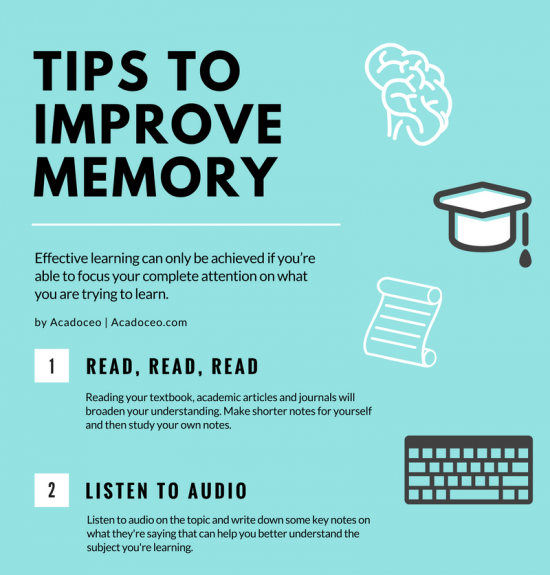 Chunking is a valuable tool for memorization.
Chunking is a valuable tool for memorization.
2. Make associations
Creating associations by drawing on existing knowledge is another helpful way to memorize information. You can create mental images and connect with sounds, smells, and tastes to help encode memories.
The Baker/baker paradox tells us that if two individuals are to remember that someone’s last name is Baker, they are much more likely to do so if they picture the person as a professional baker (i.e., Mr. Baker wearing a chef’s hat). This is why developing a story is a powerful way to retain information. For example, if you want to remember that a client’s name is Sandy, you might picture her walking along a beach.
3. Use visual cues
Using visual tools such as concept maps, graphs, illustrations, and photos can be beneficial for learning. Graphs and charts also simplify information, making it easier to comprehend and later recall.
This method can be beneficial to visual learners, meaning individuals who better conceptualize information they can see.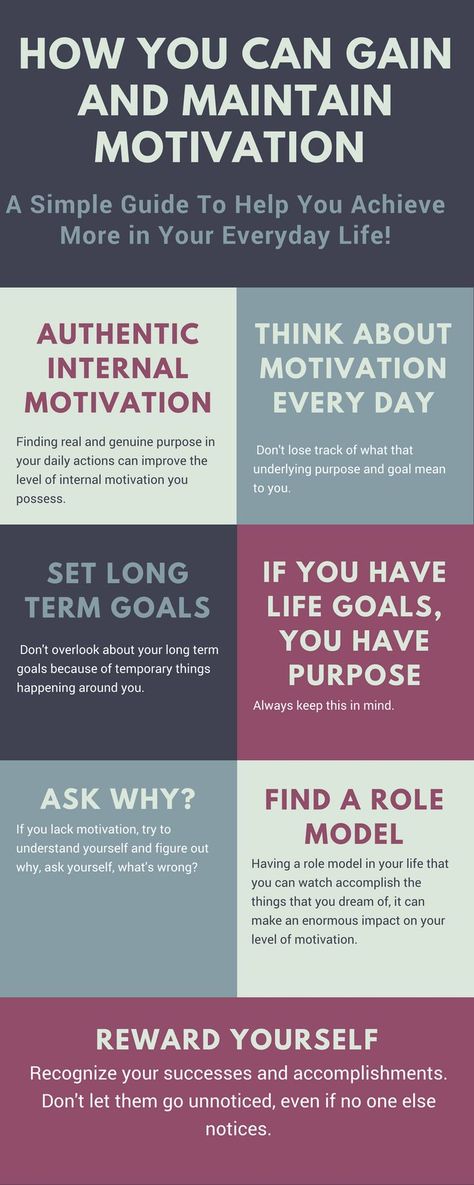 It’s also a great technique for presenters who can use visuals in their slide deck as retrieval cues.
It’s also a great technique for presenters who can use visuals in their slide deck as retrieval cues.
Aside from being a great memory technique for retaining information, visual cues are also great for boosting spatial memory. Research has shown that visual cues have helped spatial navigation among AD and MCI patients.
4. Create mnemonics
Using mnemonic devices, such as acronyms, acrostics, and rhymes, is a good way to memorize information long-term. For example, do you remember what year Columbus landed in America? You likely do if you ever learned the rhyme, “In 1492, Columbus sailed the ocean blue.” So if you need to remember a series of numbers for work, you might consider coming up with a creative rhyme.
For more visual learners, another mnemonic device you can use is building a memory palace. A memory palace is an imaginary place (it can be a house or a familiar venue) where you can store mnemonic images. The idea behind this is you take a journey in your mind to recall the information.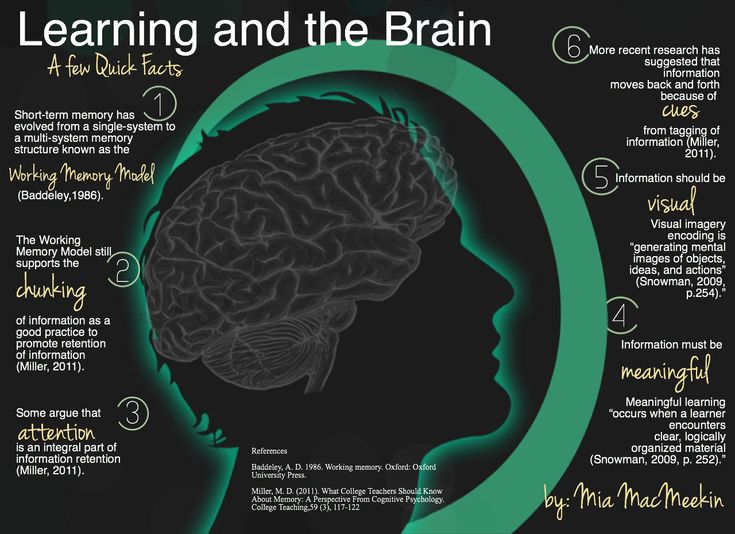 Some contestants in the World Memory Championship would even incorporate a story method with their memory palace.
Some contestants in the World Memory Championship would even incorporate a story method with their memory palace.
5. Write it down
It turns out that some things are just better done the old-fashioned way. Researchers have found that writing down information by hand is more effective than typing for learning concepts. Because it takes longer to write by hand, you are naturally forced to be more selective with what you write and focus only on the key information. In fact, less is more when it comes to note taking. One study showed that the more words students wrote down verbatim when note taking, the worse they performed on recall tests.
6. Say it out loud
When you need to remember new information, it’s helpful to read it aloud. One study determined that the dual action of speaking and hearing ourselves talk helps get words and phrases into long-term memory. This study, among others, confirms that memory benefits from active involvement.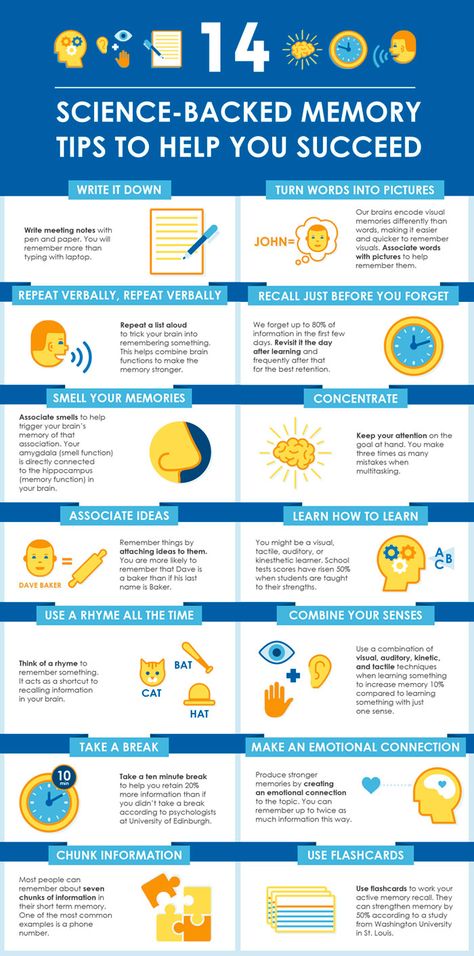
7. Engage in active recall
Testing yourself forces you to pull information from your memory. Flashcards are a great way to self-test. Studies show that retrieval practice can greatly enhance recollection than simply restudying materials. This is likely a very effective way to commit things to memory because of the significant extra effort involved.
8. Rehearse
Practice really does make perfect. Rehearse information over and over, either by writing it down or reading it aloud.
Studies suggest that spaced repetition—spacing out learning over a longer period of time—is a more effective way to memorize information than trying to “cram” a lot of information into your brain over a short period of time.
All of these memory techniques are not only backed up by science, but even memory champions can attest to their efficacy. Even if you aren’t a memory athlete, these memorization techniques can help you at school or at work. Check out our posts on effective study techniques and learning from home for further information.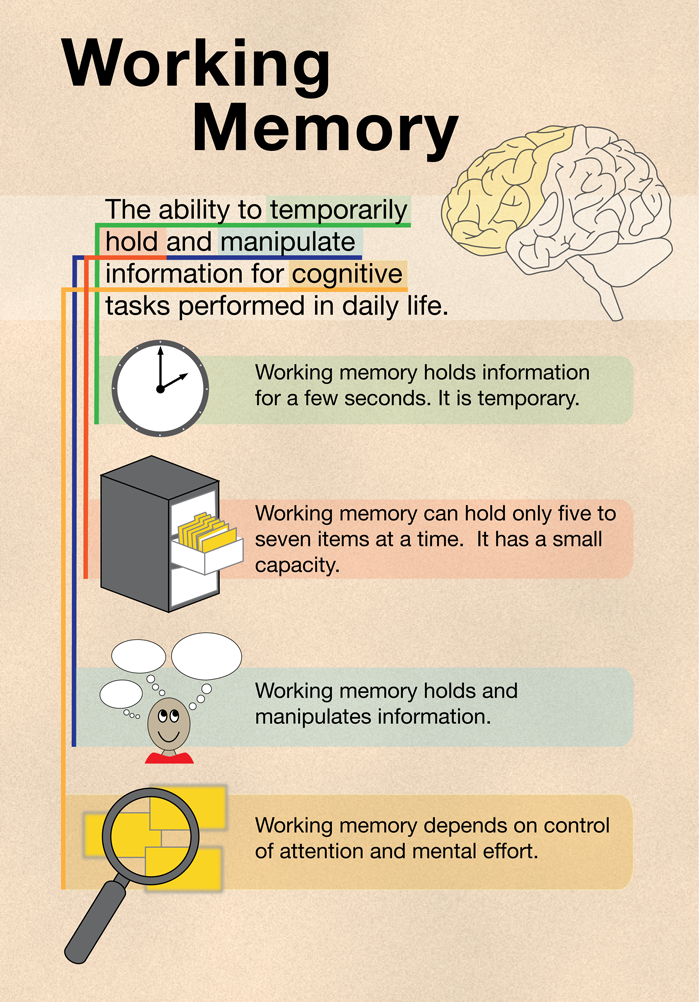
Sources:
Indeed Editorial Team. Indeed. “Nurse Practitioner vs. Family Nurse Practitioner: Definitions and How They Differ.” May 13, 2021. https://www.indeed.com/career-advice/finding-a-job/fnp-vs-np. Accessed: January 26, 2022
Karpicke, Jeffrey D. and Henry L. Roediger III. “The Critical Importance of Retrieval for Learning.” Science 319, no. 5865 (February 2008): 966–968. doi: 10.1126/science.1152408.
Trafton, Anne. “In the blink of an eye.” MIT News. January 16, 2014. https://news.mit.edu/2014/in-the-blink-of-an-eye-0116. Accessed: January 26, 2022
10 tips on how to improve memory in old age
Old age is often accompanied by memory deterioration. This is due to a general age-related decrease in brain activity, a decrease in the excitability of nerve cells, and disruption of connections between neurons. Unfortunately, aging is an irreversible process, but to keep the clarity of mind until the most advanced years, for the most part, is in our power.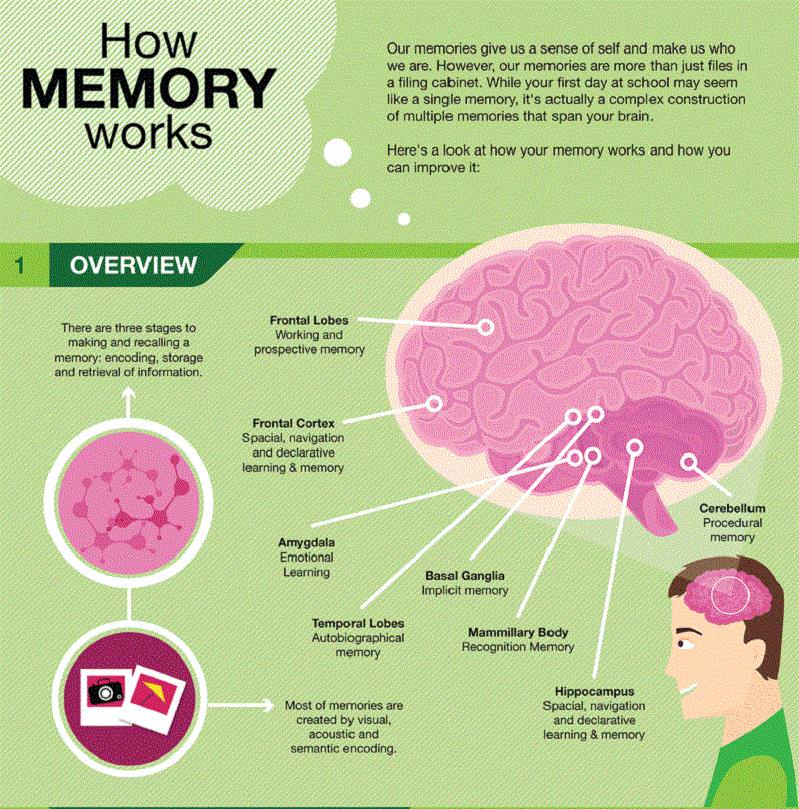 Let's talk about how to improve memory in old age.
Let's talk about how to improve memory in old age.
General rules
Healthy environment. It's simple - good memory requires healthy functioning of the brain, and for this, in turn, it is necessary to maintain healthy environmental conditions for work and rest every day. Namely:
- work NOT on the verge of physical or mental overstrain;
- rest every day, every week, every year;
- daily walk in the air.
Regular exercise. For good brain function, you need to have good blood circulation, for which it is important to exercise regularly, to keep the muscles of your body in good shape. During exercise, blood circulation will improve, which means that the brain will receive more nutrients. It is also helpful to walk. Anaerobic exercises are also useful, they include running and strength training. Taking into account age, it is best to exercise under the supervision of a trainer, he will help to draw up a training program based on your state of health, age, experience and past illnesses.
Proper nutrition. For good brain function, you need to eat right. So scientists have found that omega-3 fatty acids (there are a lot of them in fish) should be present in the daily diet of an elderly person. Blueberry juice also has a positive effect on the brain. It is this berry that is most saturated with antioxidants. They have a beneficial effect on the body, and slow down the degradation process. Glucose intake is also important. Doctors often prescribe special high-glucose medications for older patients. This component is necessary for the normal functioning of memory, but with age it becomes more difficult to absorb it from food, so it is better to take pills. Nootropics also help improve blood circulation in the brain. But remember that only a doctor should prescribe any medications.
Tips for improving memory in old age
In addition to exercise and special diet, what else can be done to improve memory in old age?
It is important to load the memory.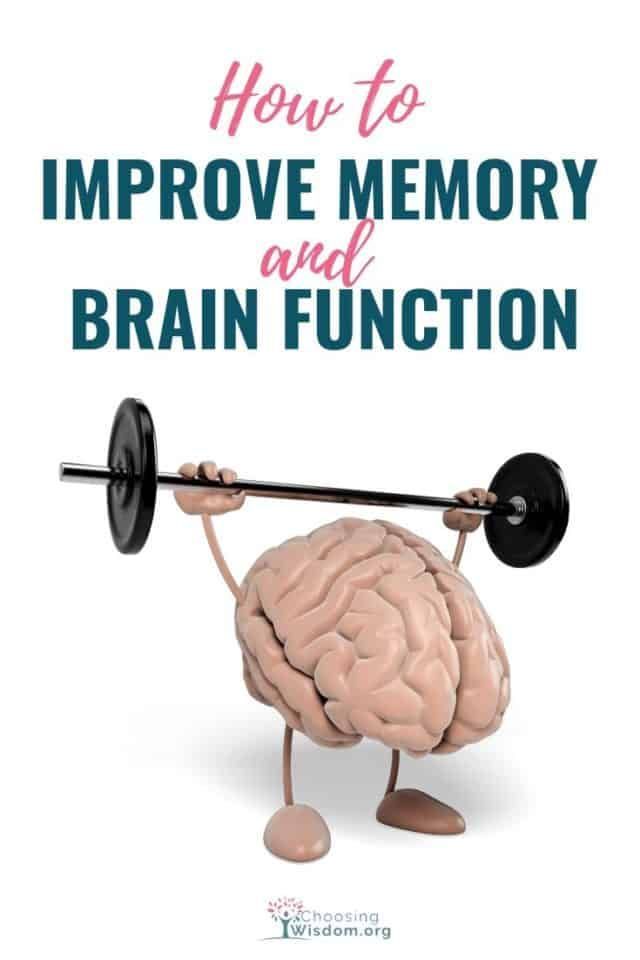 Learning a foreign language, solving logic problems, solving crossword puzzles - everything that makes "brains work", that is, remember, remember, think. Any activity where the head has to process a large amount of information will benefit your memory.
Learning a foreign language, solving logic problems, solving crossword puzzles - everything that makes "brains work", that is, remember, remember, think. Any activity where the head has to process a large amount of information will benefit your memory.
Take small breaks every hour during work. You can get up, walk around the room, do some physical exercises. So the brain will switch from one activity to another, and this will benefit its functioning.
It is worth trying to avoid stress and anxiety, as they lead to loss of nerve cells, due to which there is a decrease in attention and memory impairment. Chronic lack of sleep can also be attributed to stress for the body. For proper rest of the brain, it is very important to get enough sleep every day.
Organizer can help prevent forgetfulness in old age. Now in stores there is a large selection of notebooks of different sizes and colors. Everyone will find something to their liking.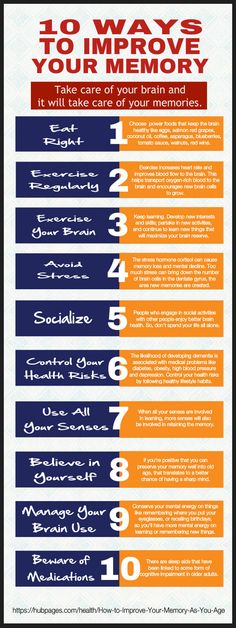 In it, you can fix all the important dates and plan things. It also allows you to "unload the head."
In it, you can fix all the important dates and plan things. It also allows you to "unload the head."
Reading books trains the memory well , because during reading not only visual memory works, but also motor memory, logical, associative, abstract thinking develops. But to improve memory, it is important not just to read, it is necessary to do it correctly, with a retelling of what we read, since we train our memory most of all when we remember what we read! It is useful, while reading, to note the details of the characters of the main characters, their habits and the like. After reading the book, remember all the storylines. Such memory training will be beneficial.
The peculiarity of all people of genius is attention to details, they can immediately see a lot of small details when they meet a new person and remember them. Brilliant people are people with a well-functioning head, that's undeniable. Therefore, to improve memory in old age, you can adopt this technique of gifted minds and try to learn to be more attentive .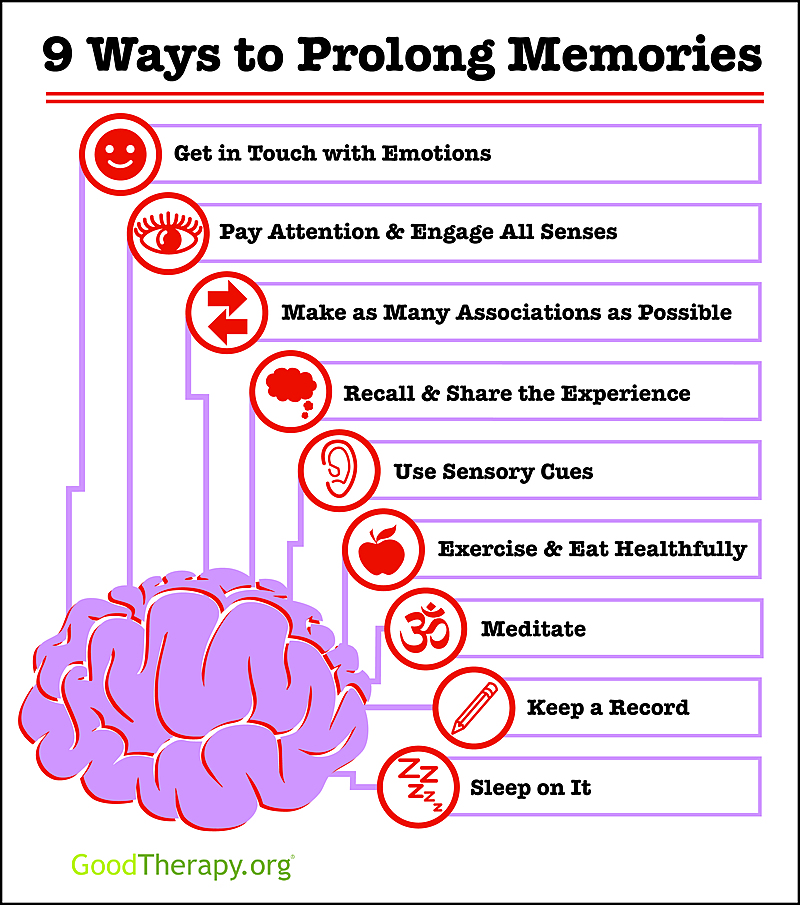 To do this, you need to try to look at any object you have chosen very carefully, and noting the details of its appearance, then try to reproduce them in your memory. Get into this good habit.
To do this, you need to try to look at any object you have chosen very carefully, and noting the details of its appearance, then try to reproduce them in your memory. Get into this good habit.
There is a useful exercise to improve memory at any age - memorizing verses . Choose any poet that interests you and start studying all his work by heart. And then remember at any time.
It has long been known that music lessons have a beneficial effect on the brain . In old age, you can sing, yourself or in a choir, or start learning to play a musical instrument, or all of these at the same time. During rehearsals, memorizing texts, notes, learning new things, the brain will receive a load, which will positively affect the state of memory.
Don't forget about psychology. Positive attitudes help to cope with any business. Older people are the most prone to depression, and it also leads to memory impairment. Such attitudes as: “I am too old to learn new things”, “After 30 years (40, 50, etc.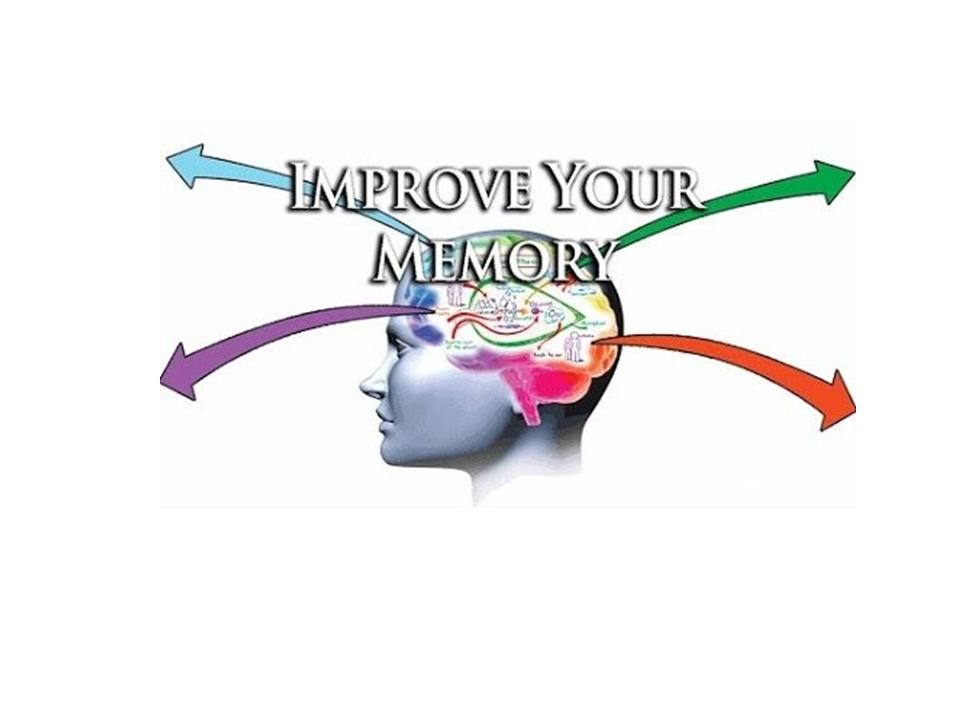 ) I am no longer good for anything”, and the like, not only lead to undermining self-esteem, but also indirectly lead to memory impairment. Therefore, it is important to properly adjust yourself. Believe that in old age life does not end, but only begins - the children have grown up, the work is over, there is a pension, you can live for your own pleasure!
) I am no longer good for anything”, and the like, not only lead to undermining self-esteem, but also indirectly lead to memory impairment. Therefore, it is important to properly adjust yourself. Believe that in old age life does not end, but only begins - the children have grown up, the work is over, there is a pension, you can live for your own pleasure!
8 ways to improve your memory | RBC Style
Remembering the name of an actor or finding the keys left in the evening can sometimes be difficult. Retrieving the information you need from memory takes a lot of effort. Forgetting is a natural process that is designed to unload the nervous system from unclaimed information, to protect it from overstrain. But increased forgetfulness can significantly complicate life. It can be caused by lack of sleep, stress, addictions, or information overload.
If this problem is not related to injury or illness, it is possible to solve it on your own. Memory can be developed and improved like any other ability.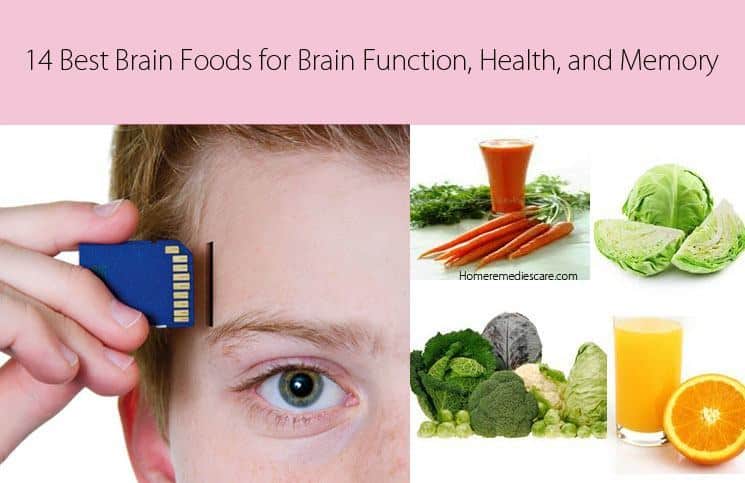 To activate its potential, regular classes are necessary, as in sports or music. And vice versa - in their absence, the ability of the brain to memorize will decrease. We talk about the most effective ways that will help strengthen memory and improve brain function.
To activate its potential, regular classes are necessary, as in sports or music. And vice versa - in their absence, the ability of the brain to memorize will decrease. We talk about the most effective ways that will help strengthen memory and improve brain function.
1. Create associations and visualizations
Remembering something new will be easier if you connect the unknown with the knowledge you already have. The essence of the association method is to combine the known and the unknown into a single story, to mark new information with familiar markers. So the information received can be easily remembered and quickly reproduced at the right time. With the help of associative parallels, it is easy to learn road signs, passwords and dates, phone numbers and credit cards.
In 1980, the Olympic Games opened in Moscow, and 600 years before that, the Battle of Kulikovo took place. The number 5813 can be represented as a numerical expression 5+8=13. In this case, images are remembered even more efficiently. It is better if they are unusual and even absurd. For example, the figure eight resembles a woman with large hips and voluminous breasts, and the number five resembles a circus unicycle. Mentally draw a plump lady who buys such a bike and rides it around the city.
Such illustrations should be large, voluminous, in color and as detailed as possible. The skill of coding into visual images is trained and quickly automated. In the future, it will not be difficult to restore in memory both these images and the meaning that is embedded in them. Once again, putting the keys in one place or another, imagine how a flower blooms here. In the morning you will definitely not forget exactly where the flower grew in your house, and you will quickly find the right thing.
© Master Wen/Unsplash
2. Learn poetry and read aloud
A time-honored method is memorizing poems. This is not about mindless cramming, but about understanding the meaning, its conscious perception.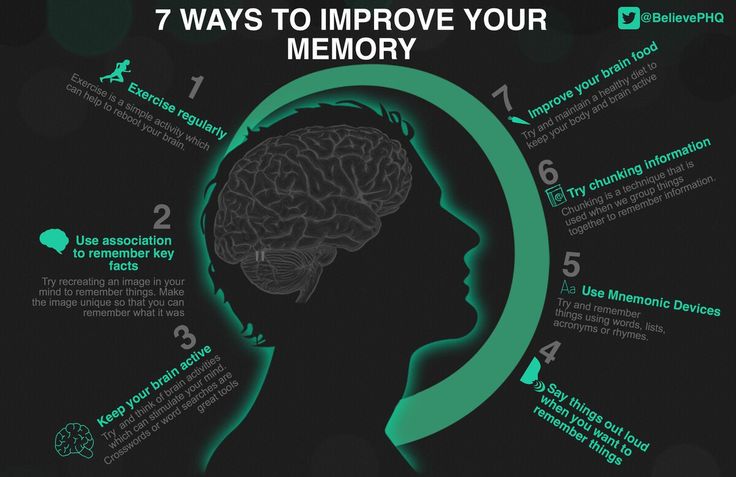 Make it a rule to study one short piece every week. Gradually increase the amount of material. It will be easier to remember it if it is divided into several parts in advance and taught in quatrains. You can do this anywhere: at lunch, while walking or in transport. Don't be afraid of lots of repetitions. Over time, you will notice how it takes less and less time to memorize.
Make it a rule to study one short piece every week. Gradually increase the amount of material. It will be easier to remember it if it is divided into several parts in advance and taught in quatrains. You can do this anywhere: at lunch, while walking or in transport. Don't be afraid of lots of repetitions. Over time, you will notice how it takes less and less time to memorize.
The effect will be even better if you take the works of those authors whose collections do not arouse your interest. To learn such verses, more strength is required. Try to delve deeply into their content and reflect on the artistic techniques that the author used. Poetry can be recited in front of a mirror or written down from memory. It is equally helpful to read aloud. This improves diction, intonation and develops auditory memory. If you don't like poetry, learn the lyrics.
© Kinga Cichewicz/Unsplash
3. Try to remember what you forgot
You don't have to take a shopping list before you go shopping.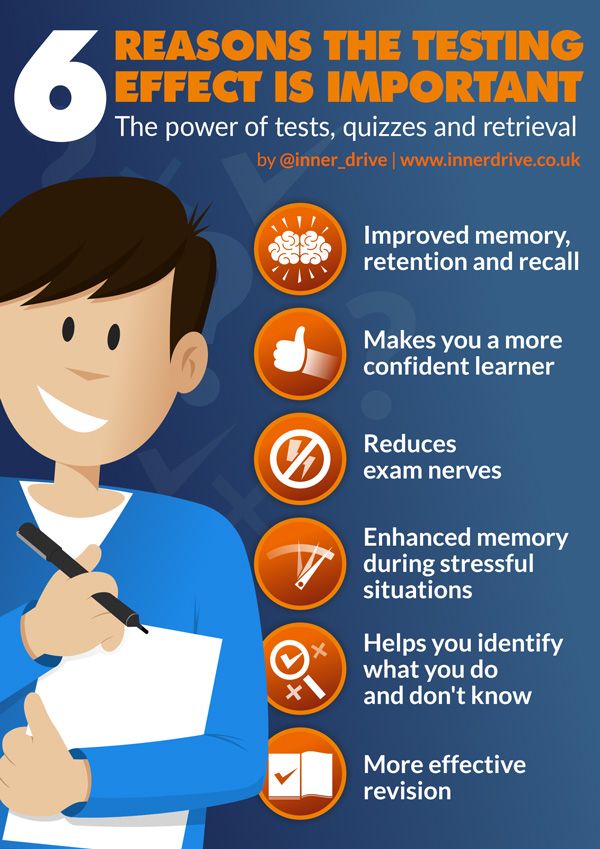 On the one hand, such a list will help not to miss anything and at the same time not to buy too much. On the other hand, its absence will have a positive effect on the state of memory. Don't buy something this time - there will be an incentive to better remember the items from the list and keep them in your head for the next trip. Forgot someone's name, phone number, password, or ingredients in a recipe? Try to remember. Take the time and take a few minutes to do this, instead of looking for the answer in your smartphone or address book. This is great for enhancing memory.
On the one hand, such a list will help not to miss anything and at the same time not to buy too much. On the other hand, its absence will have a positive effect on the state of memory. Don't buy something this time - there will be an incentive to better remember the items from the list and keep them in your head for the next trip. Forgot someone's name, phone number, password, or ingredients in a recipe? Try to remember. Take the time and take a few minutes to do this, instead of looking for the answer in your smartphone or address book. This is great for enhancing memory.
© Andrej Lisakov/Unsplash
4. Learn foreign languages
You can learn poems and songs not only in your native language. If you don't know a foreign language, start learning it. This is one of the best ways to activate brain cells and expand your memory capacity. If you memorize a few words every day, then after a couple of months you can feel a noticeable result. Learning a new language develops the ability to structure, analyze and remember information.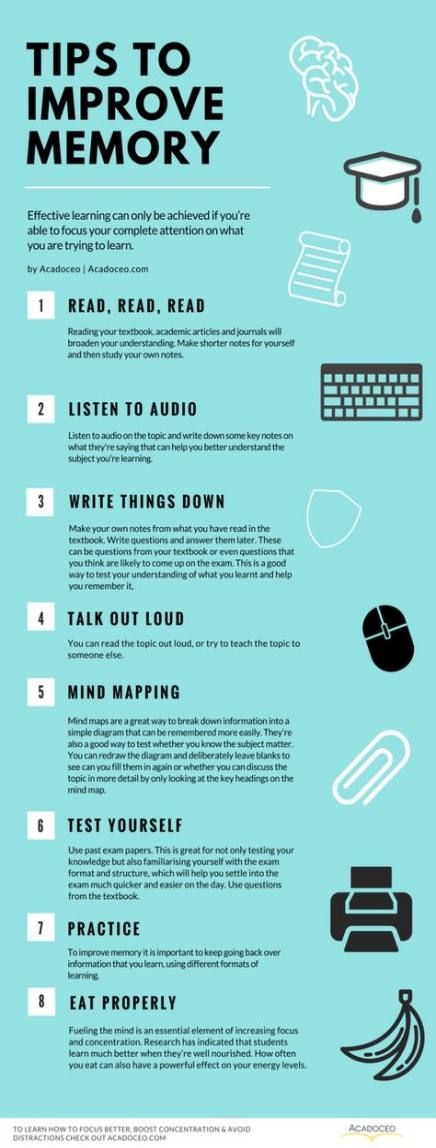 In addition, it is a good prevention of age-related diseases. For example, Alzheimer's disease. The most popular way to memorize foreign vocabulary is cards with words and expressions. This technique is based just on visual associations.
In addition, it is a good prevention of age-related diseases. For example, Alzheimer's disease. The most popular way to memorize foreign vocabulary is cards with words and expressions. This technique is based just on visual associations.
© Florencia Viadana/Unsplash
5. Recall the events of the day
Another way to activate memory is to plunge into the past day and remember all its events. Before going to bed, try to restore fragments of dialogues, images of people, their facial expressions and gestures, every phone call and meals that your diet consisted of. Try to recreate the sequence of all actions from the moment you wake up. Present these pictures in as much detail as possible. It is important to connect the imagination, visual, auditory and olfactory memory.
If it's boring to remember the day in the form of imaginary illustrations, start a diary and regularly describe events on paper. The same is recommended to be repeated with watched films. After the next movie show, scroll through the story in your head again.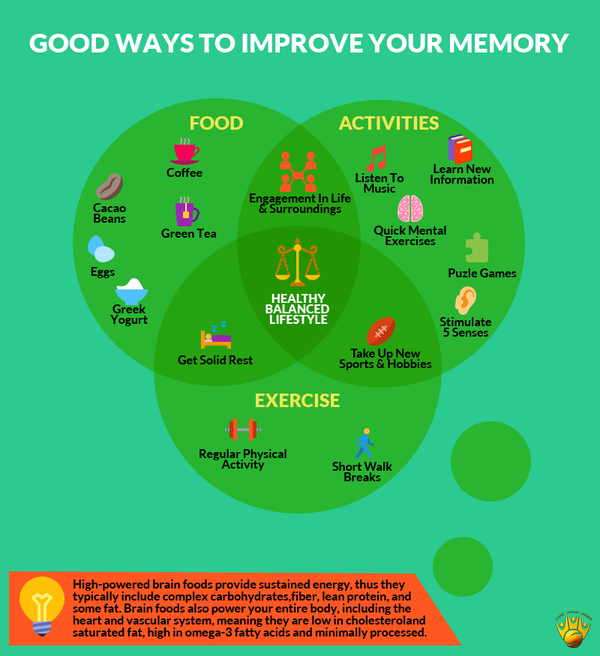 Remember not only the main points, but also the dialogues of the characters, the details of their clothes, the interiors of the filming locations. It is even more useful to retell the content of films, performances, read articles and books to your friends. This not only trains memory well, but also develops speech, enriches vocabulary.
Remember not only the main points, but also the dialogues of the characters, the details of their clothes, the interiors of the filming locations. It is even more useful to retell the content of films, performances, read articles and books to your friends. This not only trains memory well, but also develops speech, enriches vocabulary.
© Erik Witsoe/Unsplash
6. Play mind games
It can be puzzles, chess, backgammon, sudoku, poker, various puzzles and puzzles. Intellectual games activate the brain, train memory and attention. It is equally important to perform memory exercises and reaction speed. Choose a complex that will be interesting and convenient for you. This approach will set you up for systematic execution and help you get results faster. Learned how to solve Japanese crosswords - switch to a new puzzle. The brain gets used to solving the same type of problems quickly enough.
Close your eyes and try to describe the location of all the objects in the room. Now throw a handful of matches on the table and look carefully to remember their order. After that, take a picture of the matches and mix. Your task is to recreate the composition. For the development of visual memory, it is useful from time to time to perform ordinary activities with a blindfold or closed ears. In addition, on the Internet you can find a lot of applications that are aimed at developing memory and attention. For example, the electronic version of the pictures "Find differences".
Now throw a handful of matches on the table and look carefully to remember their order. After that, take a picture of the matches and mix. Your task is to recreate the composition. For the development of visual memory, it is useful from time to time to perform ordinary activities with a blindfold or closed ears. In addition, on the Internet you can find a lot of applications that are aimed at developing memory and attention. For example, the electronic version of the pictures "Find differences".
© Maarten van den Heuvel/Unsplash
7. Change your route
Always take the same route to work? Change route. Even if it is more convenient and shorter. The brain needs constant variety and new experiences to function. At the same time, try to mark around you any minor details, the clothes of passers-by, the filling of shop windows, signs, houses and shops. You can count the number of pigeons, red cars, or objects that begin with a certain letter. Non-standard actions, unusual sensations and smells provoke the emergence of new neural connections and affect the processes of memorization.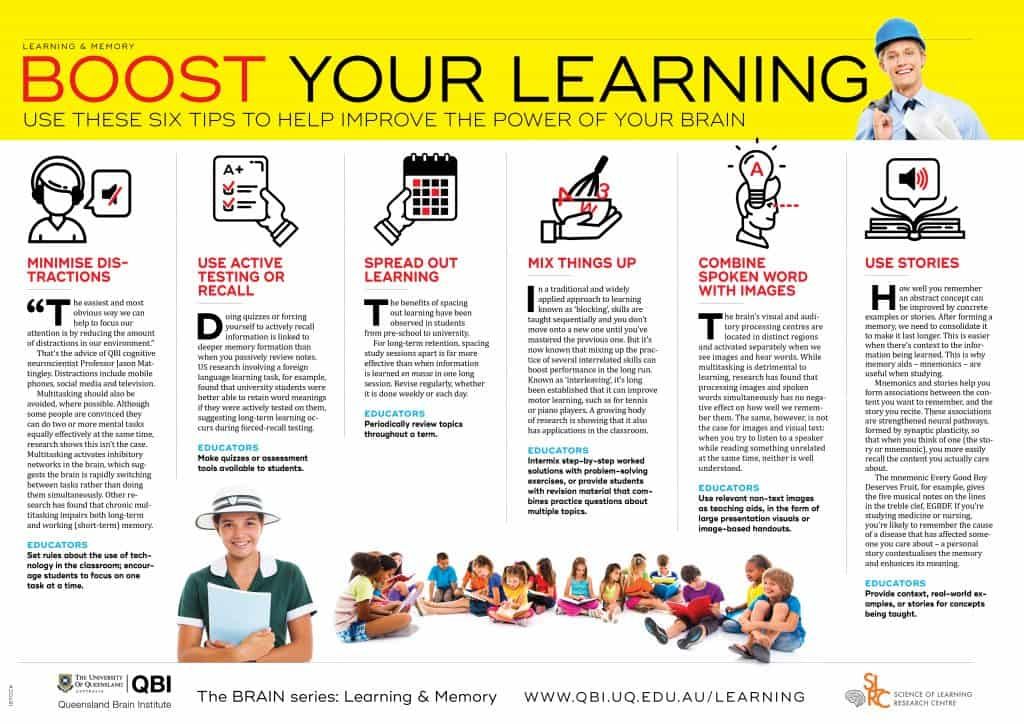
For the same reason, it is recommended to introduce new habits more often. Start brushing your teeth with the other hand, or do the traditional morning rituals in a different order. Traveling is no less useful for strengthening memory: try new dishes and products, discover unfamiliar places, visit exhibitions and museums, listen to new music more often. The processing and comprehension of such information from the brain will require additional resources. In addition to positive emotions and broadening one's horizons, such activities develop spatial memory.
© Marc Kleen/Unsplash
8. Live a Healthy Lifestyle
Fresh air, exercise and adequate sleep are essential factors for memory to function properly. Daily ventilation of rooms and walks in the fresh air saturate the blood with the necessary oxygen. And thanks to physical activity, vascular tone improves and cerebral circulation is activated. Choose the sport you enjoy. The state of the memory also depends on the power supply.